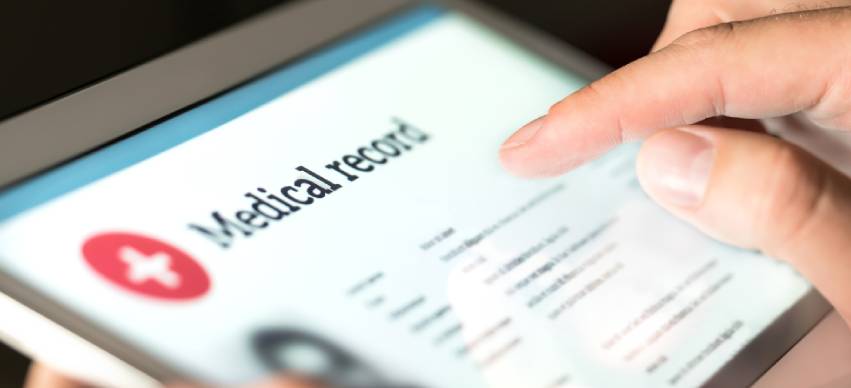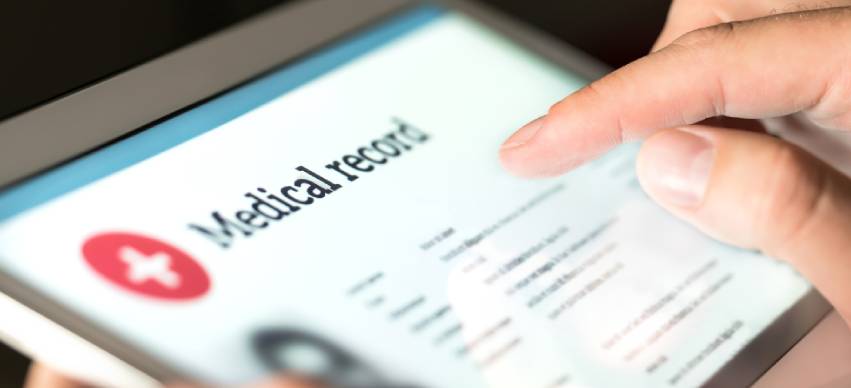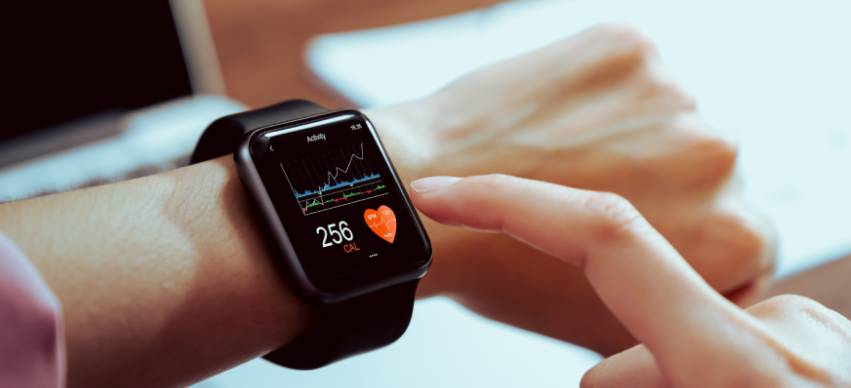Microplastics in Humans: Understanding the Risks and How to ..
8 Min Read


The future of healthcare is changing dramatically with the advancement of technology and innovations which challenge traditional practices. Like most other industries, it has been affected by innovation on a massive scale. In fact, due to the complex nature of healthcare and its growing complexity, healthcare is an excellent example of how technology can improve efficiency while reducing costs.
From genomics to machine learning, here are some trends shaping the future of healthcare:
1. Predictive Analytics Through Big Data
The ability to predict future events based on past events is called predictive analytics. Big data refers to the massive amount of data generated and collected by healthcare providers. By using this information, organizations can identify patterns or trends that may be useful in predicting future events. For example, if a patient has been experiencing certain symptoms for years but suddenly stops having those symptoms for a month or two, then it’s possible that they have developed a new disease or condition and should see their doctor immediately.
Data security systems like ephi defined as as protected health information have also reduced the risk of cyber threats to health care data. Innovations like predictive analytics are exciting research areas that can significantly improve practitioners’ ability to understand patients’ health status, anticipate problems before they arise, and take appropriate steps to prevent them from happening in the first place.
2. Genomics
Genomics is a field of study that helps determine future health. This is the study of the genetic information of an organism, including its DNA and RNA sequences. Genomics is used to determine risk factors for diseases. By analyzing one’s genes, it’s believed to be possible to see how they may impact their health in the future, such as whether or not someone will develop cancer or get Alzheimer’s disease at some point in life.
As you can imagine, this kind of information is incredibly valuable when it comes to understanding how best to approach treatment plans for patients with specific conditions.
3. Smart Monitors
One of the most exciting ways technology is shaping the future of healthcare is in the field of smart monitors and sensors. These devices are able to identify a variety of health issues, including hypertension, diabetes, and even sleep apnea. For example, a smart blood pressure monitor is believed to be able to identify problems with your heart rate, pulse, and blood flow that may indicate an issue. In fact, these monitors are said to be so effective that they can be used as a substitute for regular doctor visits—meaning you could see your doctor less often while staying healthy.
4. High Tech
There is a growing trend towards high tech meetings everyday. The rise of wearables, smartphones, and smart home devices has put new technology at your fingertips, enabling you to interact with it in ways you never could before. For example, your smartphone now comes with apps that monitor and encourage you to practice a healthy lifestyle. This has helped improve people’s lifestyles and health.

Also, AI assistants have become more prevalent than ever before too. Whether it’s Siri on your iPhone or Google Assistant on your Android device, these intelligent helpers can understand natural language and respond appropriately based on what you ask them.
5. The Internet Of Things
IoT is having a big impact on healthcare. The Internet of Things can help people with chronic conditions to live more independently by monitoring their health and allowing them to receive information on the go. This means doctors and nurses can focus on treating patients needing immediate attention rather than spending valuable time checking up on patients who do not require regular check-ups.
The IoT has also assisted medical professionals in making better decisions using data gathered from various sources, such as wearables and smart devices. For example, if you have an implantable heart monitor that collects information about your heart rate every few seconds, it could send this data straight to your doctor’s office for analysis so that he or she can monitor any irregularities quickly and easily.
6. Machine Learning
Machine learning is a type of artificial intelligence that can be used to solve important problems in healthcare. Machine learning can learn from data and make predictions based on that data. For example, machine learning algorithms can use patient data and predict diseases like heart disease or cancer. With this technology, doctors can better understand their patients and predict the best course of action for them if they develop certain conditions like diabetes or high blood pressure.
Machine learning also helps doctors avoid prescribing drugs with harmful side effects by analyzing patient information along with medical literature to find alternative treatments. This could lead to new treatments being developed for patients who may not have otherwise been able to receive them due to their existing conditions.
7. Incentivized Healthy Lifestyle
Incentivized healthy lifestyles are a new way of managing chronic conditions. The concept is based on the idea that people can be motivated to live healthier lives if they have something to gain from doing so.
The United States’ Affordable Care Act is a great example of an incentivized healthy lifestyle. Under this scheme, insurance companies can’t charge higher premiums for customers who are deemed unhealthy. In other words, if you’re overweight and need blood pressure medication, then your health insurer will subsidize some or all of your treatments—and vice versa for those who don’t need treatment but lead a healthy lifestyle.
This strategy has been reported to encourage people with pre-existing conditions to take better care of themselves.
Conclusion
The healthcare industry is evolving. It’s changing, improving, and becoming more efficient, affordable, accessible, and personalized. It’s important to adapt to the changes as they come. Health professionals can’t predict what will happen in five years’ time, but they do know that technology will help improve patient care and provide better analytics for doctors. One thing’s for sure: there are many exciting developments ahead!